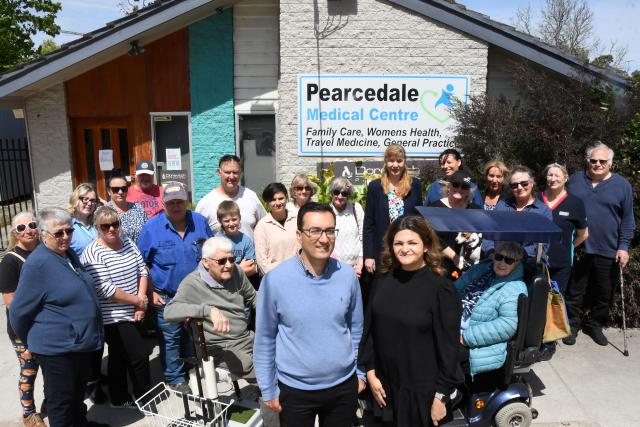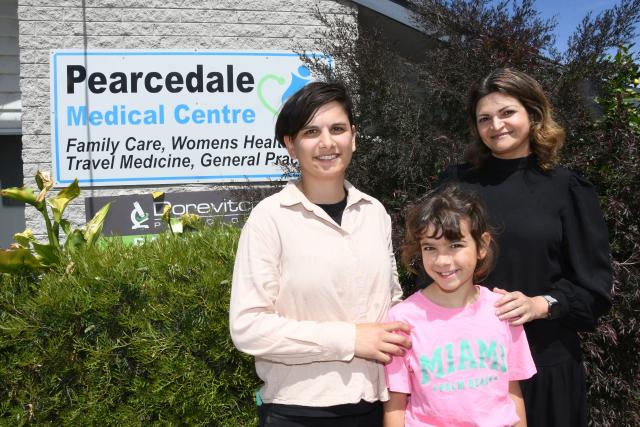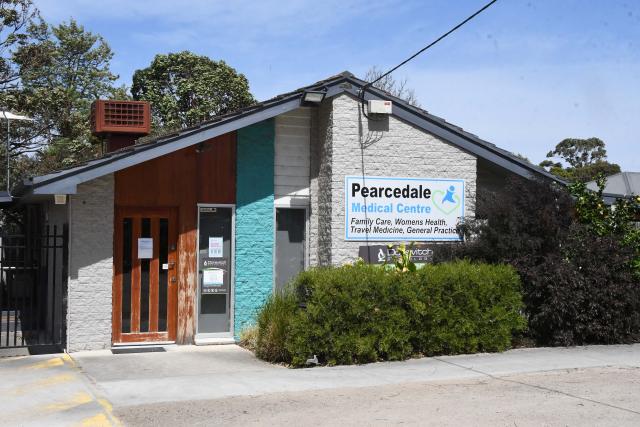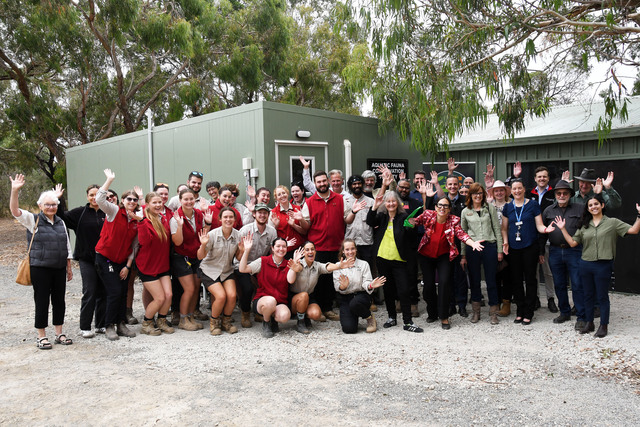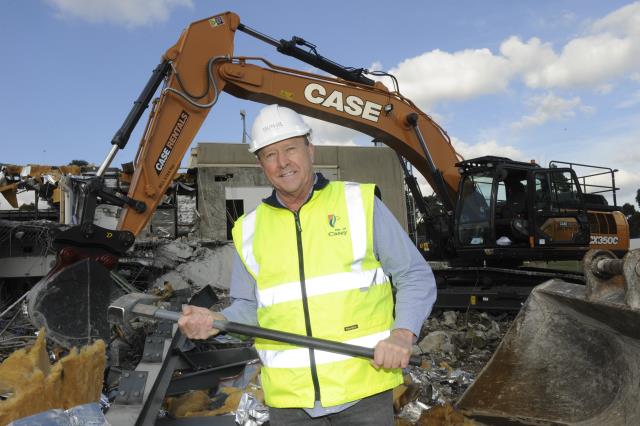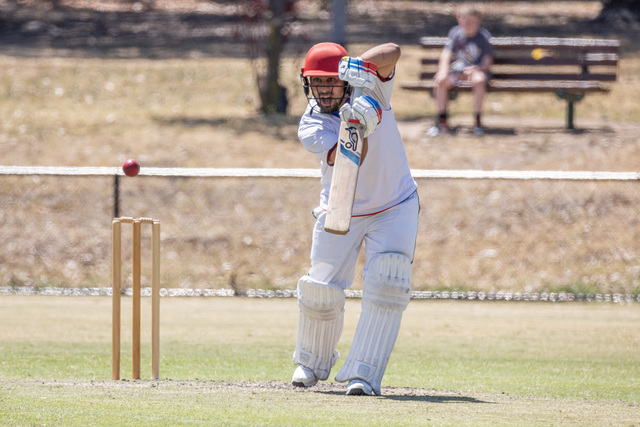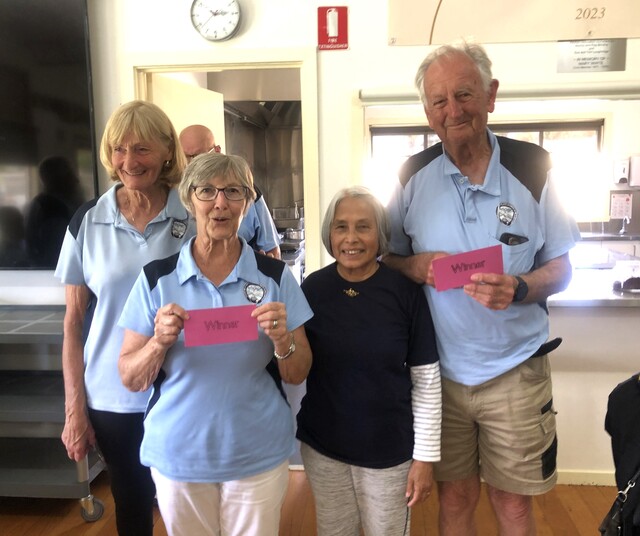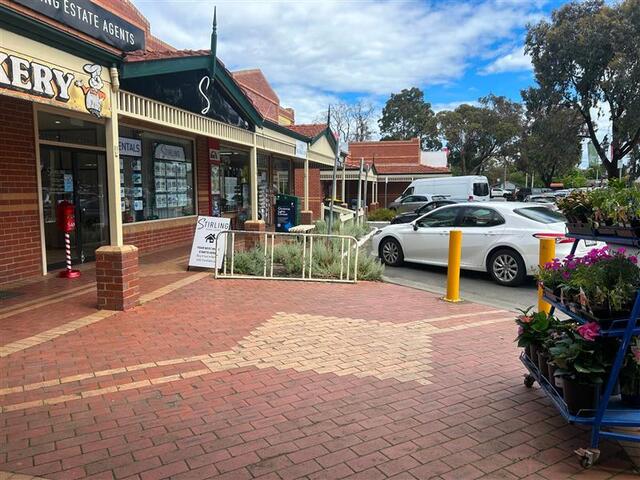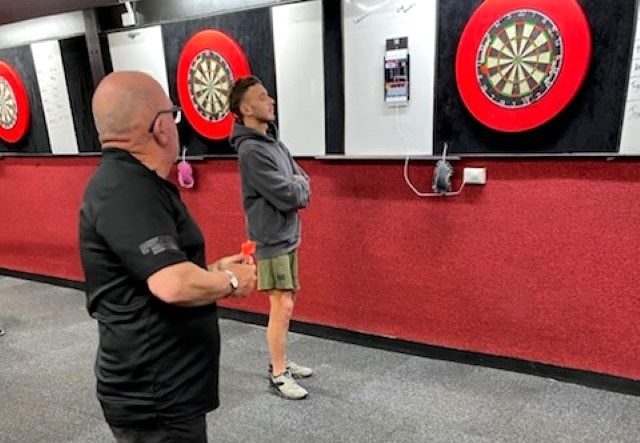Pearcedale Medical Centre will cut its operating hours from 1 November after its application to rezone the clinic as part of the Distribution Priority Area (DPA) was rejected.
The clinic will no longer be open on Friday.
Owner Dr Farza Rastegar said the clinic had long-time difficulties in hiring new general practitioners (GP) due to policy restrictions and zoning rules.
She has received a lot of qualified doctors applying from overseas but she is not allowed to take them.
As a ‘metropolitan’ clinic, the centre can only hire overseas trained general practitioners or accredited foreign graduates who have been working in a DPA for at least 10 years before providing services covered by Medicare rebates.
According to the Department of Health, DPAs are identified locations with a shortage of GP services. They are mainly in regional, rural and remote areas.
Dr Rastegar said her clinic used to sit in a DPA until the Federal Government changed the status before Covid.
“At first it didn’t affect me a lot, but then during three years of Covid, there has been so much pressure on the medical system and two of our doctors left general practices,” she said.
“Because of the DPA, I can’t get new doctors to come in.
“So we’re stuck with only four of us with more than 3000 patients.”
She has requested an exceptional circumstances review to change the DPA classification of the area around June this year, which was not approved.
The Distribution Working Group (DWG) rejected the request, stating that the Casey-South catchment has higher than average levels of GP services.
It also suggested the number of full-time equivalent GPs had increased by 31 per cent over the past four years, exceeding population growth in the Casey-South catchment.
Dr Rastegar has been disappointed with the outcome and said it did not make any sense.
“We have got a tiny unit here, and we are the only clinic in the town,” she said.
“Just because we are in the Casey council area, we are [assessed as] automatically in the metropolitan area.”
She added neighbouring areas, including Frankston and Mornington, had been granted DPA, despite having multiple medical clinics.
Somerville, located within the Mornington Peninsula Shire Council, shares the same postcode as Pearcedale and has been classified as DPA.
Dr Rastegar said all she wanted was two extra doctors for the clinic to function normally.
“The clinic is fully booked every day. Our patients have to wait three weeks to see us,” she said.
“If they’re sick, by the time they see us they will either feel better or really worse, then they end up in the emergency department in the hospital, adding to the pressure of the hospital, which has been already under pressure.”
On behalf of the four GPs in the clinic, Dr Rastegar said they had been burned out and felt tremendously exhausted.
“I usually don’t work on Friday as my day off, but I’m at work at the moment,” she said.
“Every day I have to go home and do my notes. I have to do the scripts at night.”
She recalled one time when she was away for a 10-day break, she ended up working because she did not want to burden her other colleagues who had already been under pressure.
“I was doing the work at 6am in the morning and 10pm when my kids were sleeping. I didn’t feel it was a holiday,” she said.
“I didn’t get to spend a lot of time with my kids because I had to work.
“I don’t think I can survive another five years of this – or even another six months of this.”
The town has been vocal in safeguarding their local medical centre with many having signed a petition for the state and federal governments to intervene.
Dr Rastegar said the back and forth with the government had been nothing but fruitless.
“They copy-paste their guidelines from the website, so no one is there trying to fix the situation. It’s just telling you this is the policy,” she said.
“No one seems to care. Apparently, we are just a dot on the map.
“I got an email saying there’s no further negotiation [for the DPA status outcome].”
Holt MP Cassandra Fernando said she was incredibly disappointed to learn that the Department of Health decided against granting DPA status to the Casey-South catchment area, which covered most of the Holt electorate.
“While I understand that the department has established processes to ascertain DPA status, I had hoped that they would make an exception given Pearcedale Medical Centre’s difficult situation,” she said.
“I am currently speaking to several other medical centres in the area to formulate a coordinated plan to advocate for DPA status to the Casey-South region.
“I will continue to raise the healthcare needs of our community in Canberra to make sure no one in Holt is disadvantaged in terms of access to it.”
A General Practitioner Workforce Report 2022 by Deloitte found demand for GP services is projected to increase by 35.4 per cent in major cities and 25.9 per cent in regional and remote areas by 2032.
Major cities will see the largest shortfall of 11,517 GPs by 2032 in comparison to regional and remote areas where the supply for GP services is forecast to slightly overtake the demand in the same period.
The report stated further consideration is needed regarding increasing the supply of GPs in major cities, particularly at the fringe.
Royal Australian College of General Practitioners (RACGP) Victoria Chair Dr Anita Munoz said the classification system of DPA had significant flaws in the way that it failed to consider some really important factors.
“For example, in an area that is not classified as having a workforce shortage but has lost a number of doctors because of doctors wanting to retire early,” she said.
“So, there is a genuine workforce shortage in that area that may only apply to a couple of clinics in that area, but because the classification system overrides their need, they’re not able to get an additional doctor from the international medical graduate community.
“The overarching classification system can mean that very important and genuine cases of workforce shortages in communities are totally overlooked.“
She said RACGP had been trying to inform the Government for many years, but it did not get the needed attention.
“The system [DPA] is not allowing for a conversation on this level of nuance and sophistication,” she said.
“Until they can have that conversation, each time they create the classification system anew, it will not surprise me if they continue to miss very important areas of the community because those kinds of elements are not part of the conversation.
“It does pain me to say that the sage advice from GPs to our decision-makers is often not heard.”
Dr Rastegar said the pressure on the public health system would be disastrous if the government did not tackle the GP shortage properly.
“I have got women who are 29 weeks’ pregnant who haven’t been seen by the hospital. So they are all left to be seen by GPs, and I don’t have any appointments,” she said.
“So there would be lots of pregnant women who will be sent home from the hospital with a measuring tape.
“All these people who can’t be seen at the hospital are going to be hugely impacted because hospitals rely heavily on GPs.”
Dr Rastegar has been calling for more support for GPs from the government.
Two decades ago, 55 per cent of the graduates from medical schools wanted to become a GP because of the lifestyle and now the number went down to only 22 per cent, she said.
“We don’t get paid enough for the same amount as other specialists, but we have to go through the same type of exams as any other specialists,” she said.
“Our government’s just putting extra pressure every week by changing something.
“It’s like I’m not dealing with enough issues. I’m already under pressure, and now they are adding more and more.”
Pearcedale Medical Centre will continue to operate from 9am to 5pm on Monday to Thursday.

